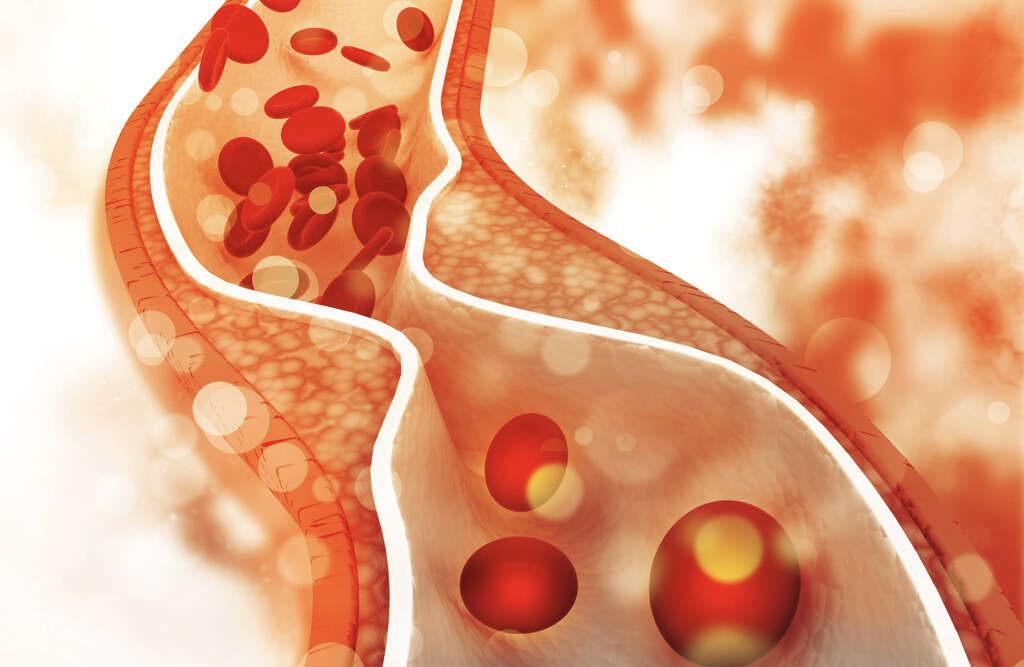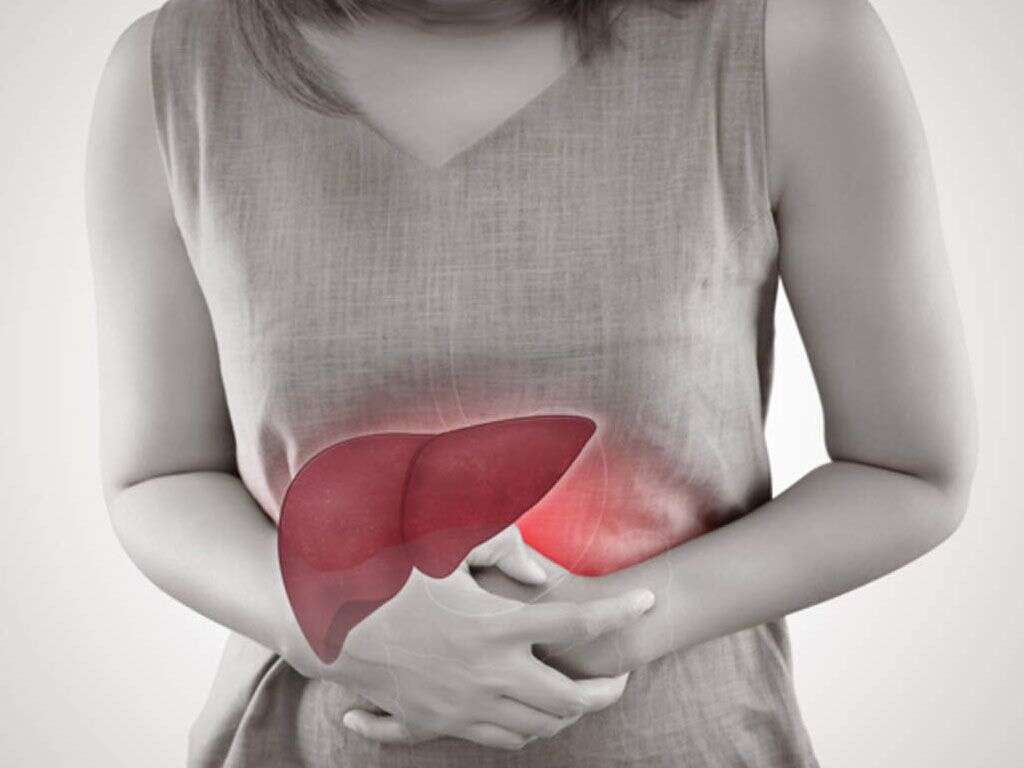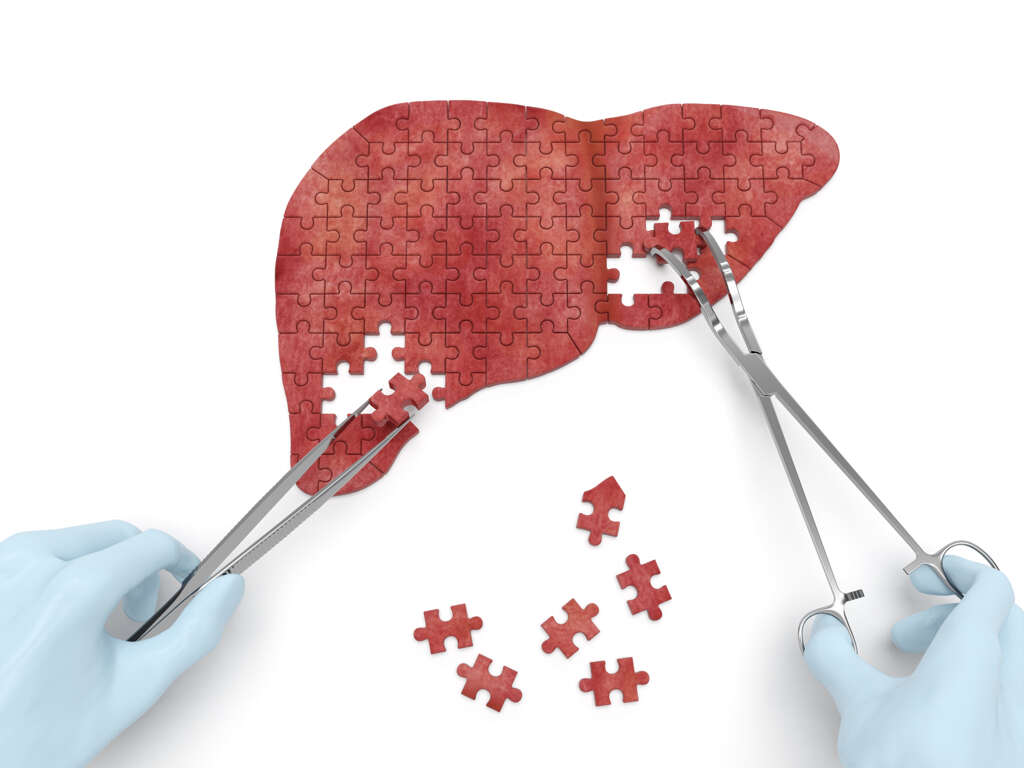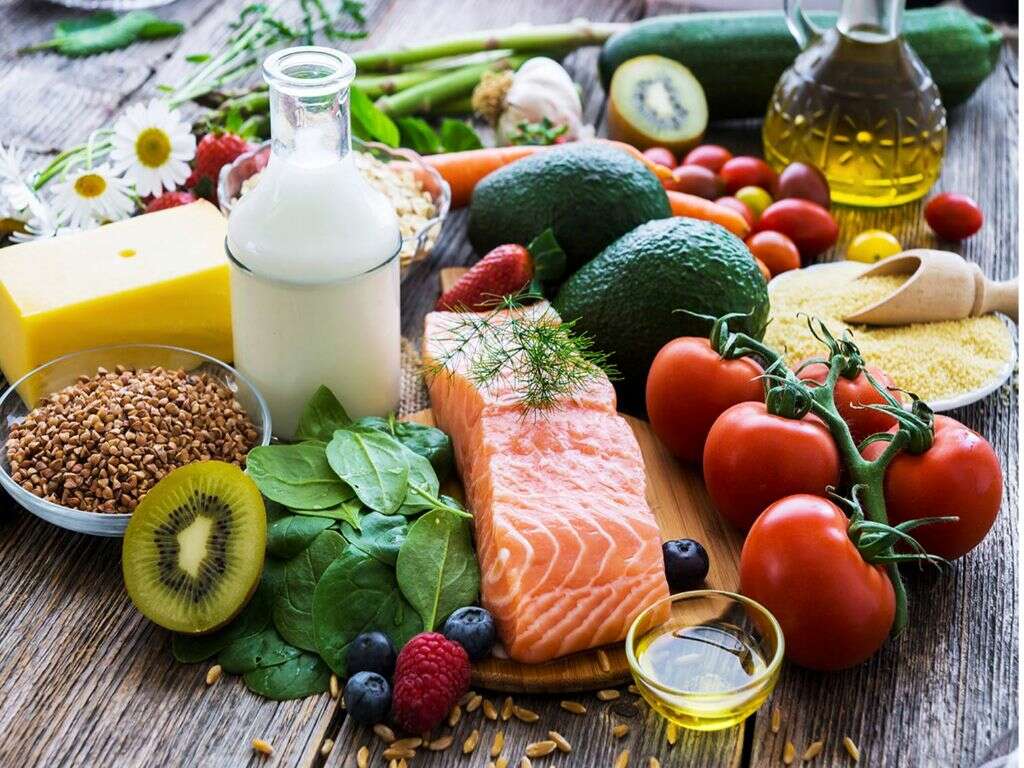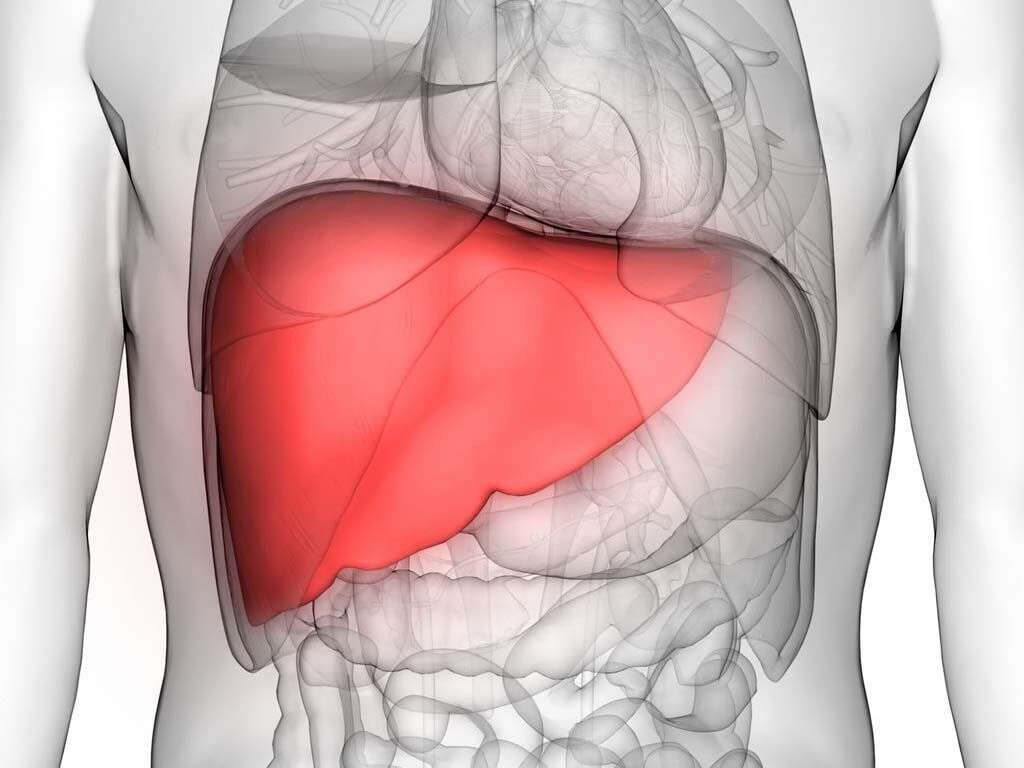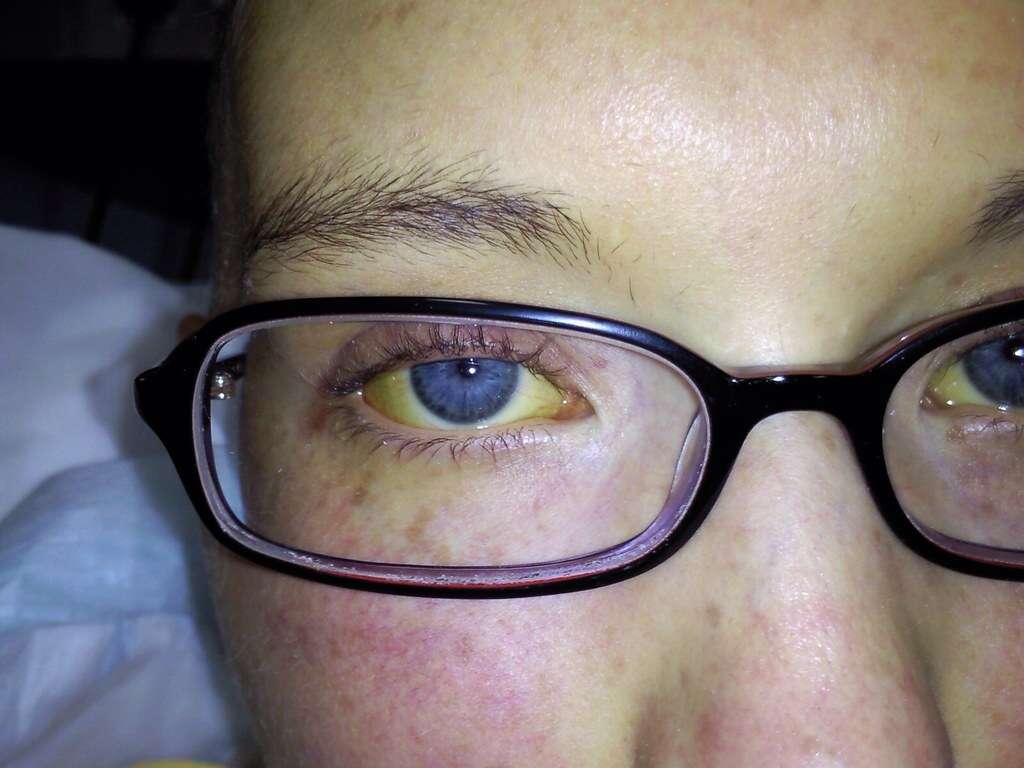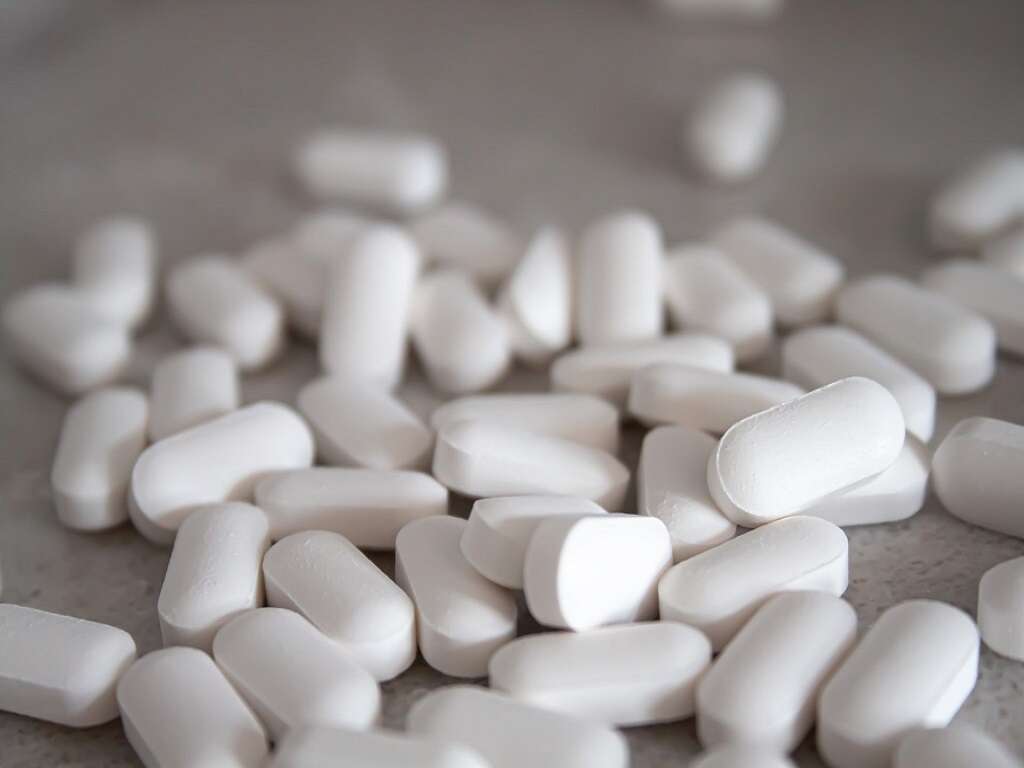What Does the Liver Do?
The liver is the largest internal organ and the second largest of all organs after the skin. It is also the largest gland in the body, and plays multiple roles in digestion and other metabolic processes. The liver is located in the upper-right section of the abdomen below the diaphragm. Roughly triangular in shape, the liver weighs about 3 pounds. At any given time, the liver holds about 13 percent of the blood in the body.
Unlike other organs in the body, the liver has the capacity to regenerate, which is helpful in case of injury. The liver is a critical organ that performs hundreds of life-supporting processes that revolve around detoxification, synthesis, and storage. It is so important that without it, it would be impossible to stay alive for more than two days. So, what does the liver do?
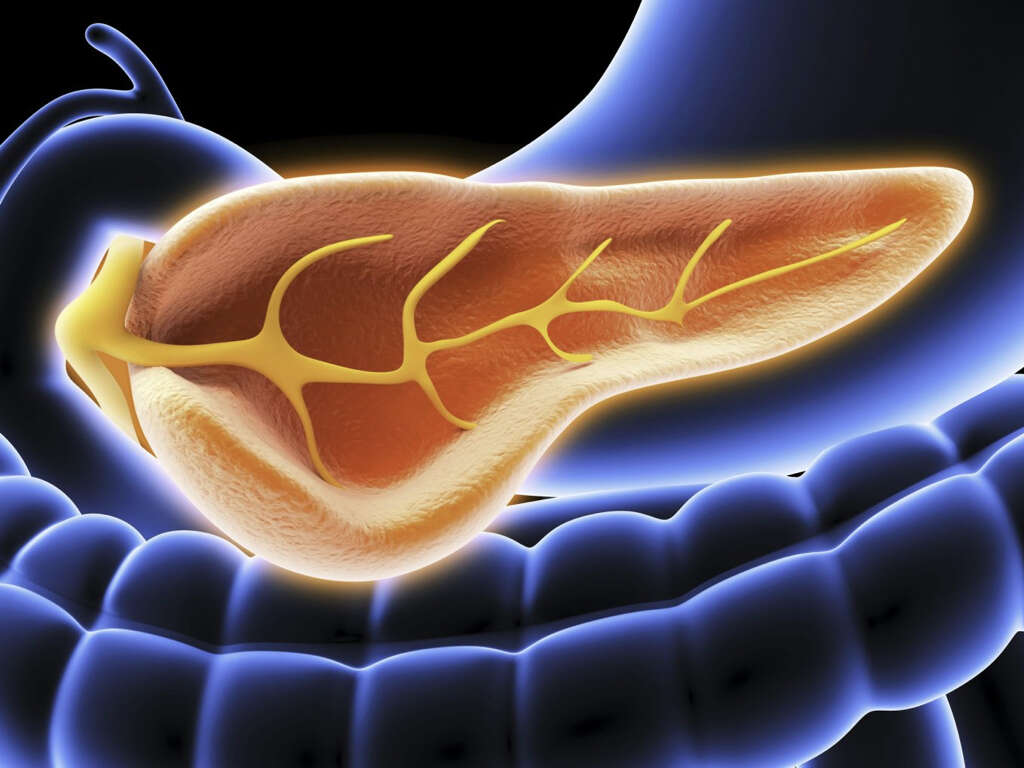
1. Production of Bile
The liver produces between 800 and 1000 milliliters of bile every day in an adult human. Bile is a fluid made up of water, electrolytes, bile acids, and many other organic molecules. After production in the liver, the bile makes its way to the gall bladder where it is concentrated and stored before release into the digestive system. This fluid plays two major roles. It contains salts, also called bile acids, which are needed during the breakdown and absorption of fats and fat-soluble nutrients in the small intestine. Secondly, bile aids in the elimination of waste products such as bilirubin, which are secreted into the bile and eliminated through feces.
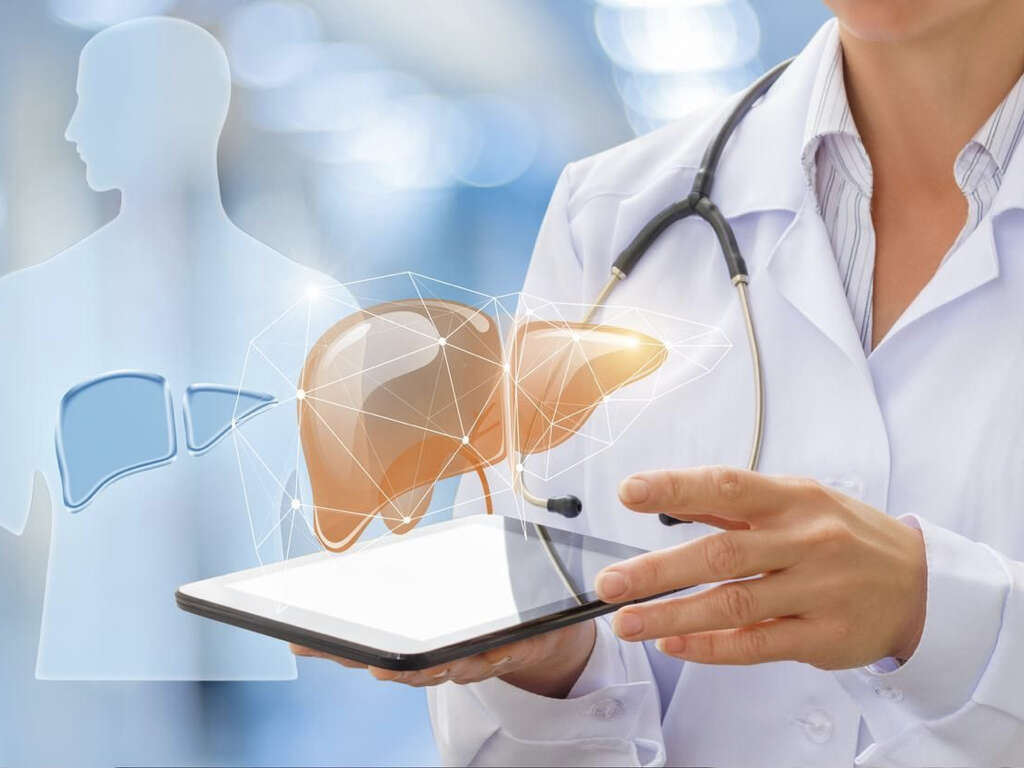
2. Converts Excess Glucose to Glycogen
After you eat carbohydrates, your body breaks them down into glucose, which then enters the bloodstream for use throughout the body. A hormone called insulin controls the amount of glucose in blood, with the excess being converted into glycogen by specialized liver cells in a process known as glycogenesis.
The resultant glycogen is stored in the liver and in muscles. Glycogen makes up as much as 10 percent of the weight of the liver. Glycogen can be broken down into glucose for production of energy in times of increased energy need or when glucose is in limited supply in the body.
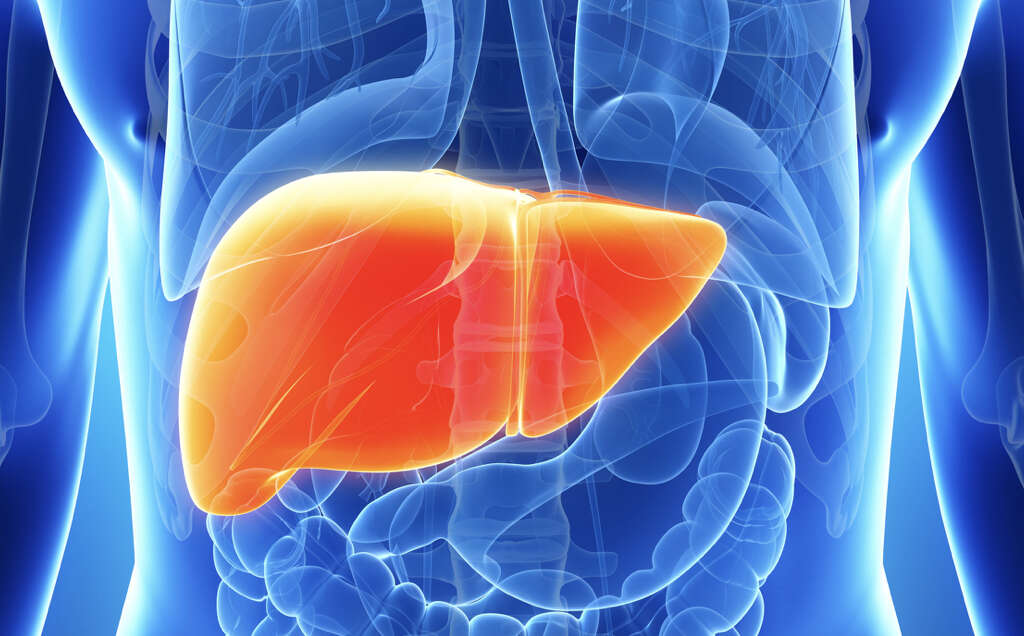
3. Converts Poisonous Ammonia to Urea
Ammonia is produced as a result of nitrogen metabolism in the body. In order for it to be excreted, ammonia is turned into urea through a series of reactions collectively called the urea cycle. These reactions take place in the cytosol and mitochondrial matrix of the liver.
The urea cycle involves a total of five reactions, which are catalyzed by various key enzymes. The first two reactions take place in the mitochondrial matrix, and end with the ammonia being turned into citrulline. The remaining reactions then happen in the cytosol where the citrulline formed in the previous steps is eventually turned into urea, which can be excreted through urine

4. Regulates Blood Clotting
The liver also plays a role in regulating the clotting of blood in case of bleeding. When an injury causes bleeding, a complex system of proteins within the plasma also known as coagulation factors are activated. Most of these proteins are produced by the liver.
As earlier mentioned, bile salts produced by the liver aid in the absorption of fat-soluble vitamins. Therefore, the liver enables the absorption of fat-soluble vitamin K, which is required by a number of these coagulation factors for synthesis. Hence, in case of vitamin K deficiency, you might suffer from uncontrolled bleeding because some of these coagulation factors cannot be produced.
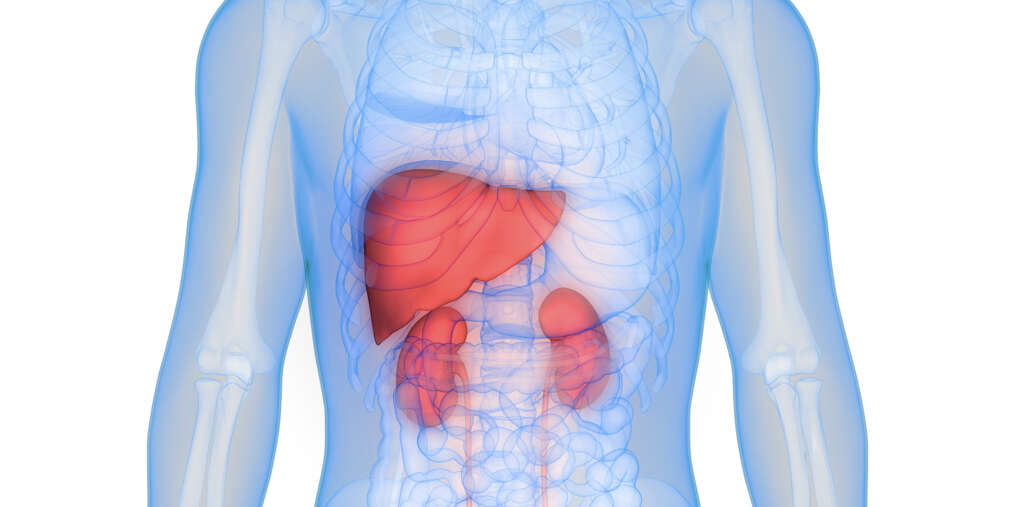
5. Detoxifies Blood
The liver clears toxins from the bloodstream in a process known as detoxification. This process occurs in two phases: oxidation and conjugation. During the first phase, the liver breaks down the toxins using oxygen and enzymes. Oxidation causes the toxins to become soluble in water so that they can be excreted via the kidneys or in bile.
However, this first phase can at times disrupt the detoxification process. This is because oxidation may cause some toxins to become even more toxic, for instance, in the case of benzene, a toxic substance found in cigarettes and gasoline. Oxidizing benzene produces benzene quinones, which are even more toxic. In order to get rid of such toxins, the liver must perform conjugation. In this second phase, the oxidized toxins are combined with organic acids, sulphur, or specific amino acids and then excreted into bile.
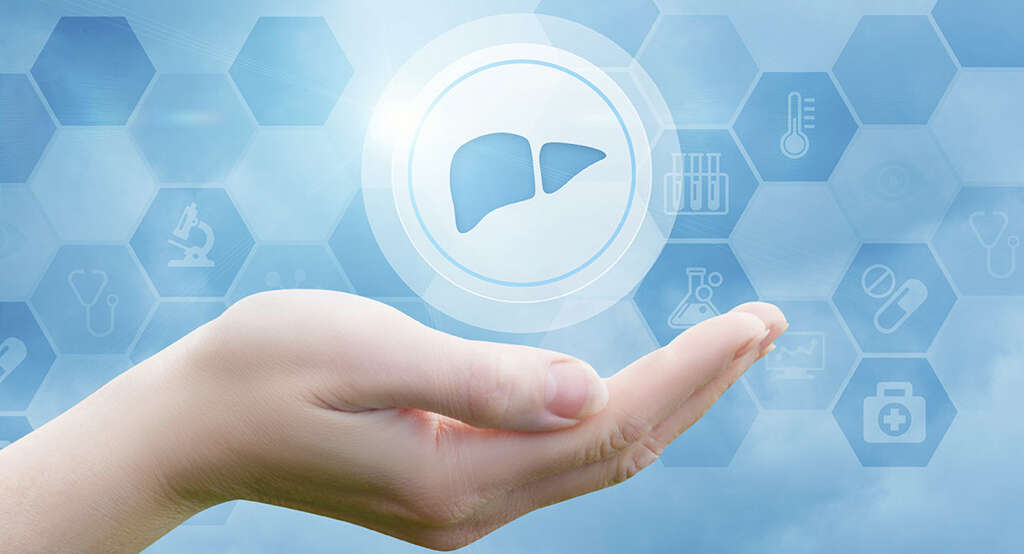
6. Regulates Iron Levels
Studies have shown that the liver plays a major role in regulating iron homeostasis. Iron is an important nutrient that is closely regulated within the body. If iron is not regulated, it may lead to iron-imbalance, which is the main cause of iron-related disorders, the most prevalent of which are iron-overload and anemia.
These conditions affect over one billion people worldwide. The liver carries out many regulatory mechanisms that control the storage capacity, iron regulatory gene production, and iron mobilization. When the body has excess iron, the liver reacts by increasing iron storage and protects the pancreas and the heart from iron-induced cellular damage.
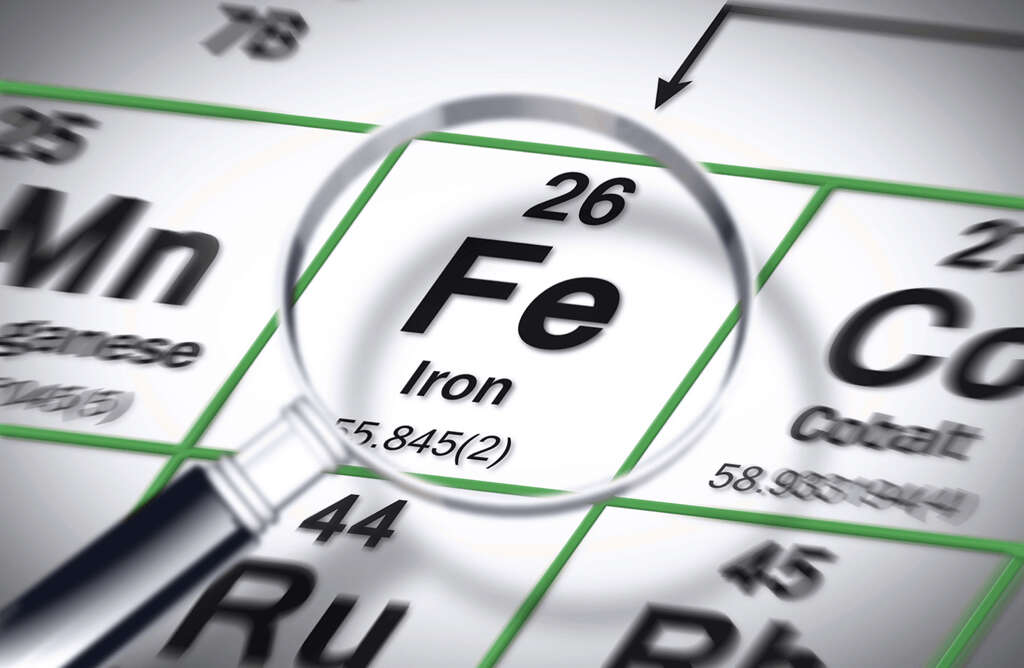
7. Produces Hormones
The liver is also involved in the production of several hormones that are essential for various body processes. For instance, it is responsible for converting the thyroid hormone to its most active form. This hormone modulates the speed at which various complex biochemical processes and reactions occur.
Moreover, the liver also produces angiotensinogen, a hormone that controls blood pressure, and is also responsible for regulating sodium and potassium levels in the kidneys. Additionally, the liver secretes another hormone known as IGF-1, which promotes cell growth. The liver also regulates the levels of other hormones such as estrogen by breaking them down and removing them once their job is done.
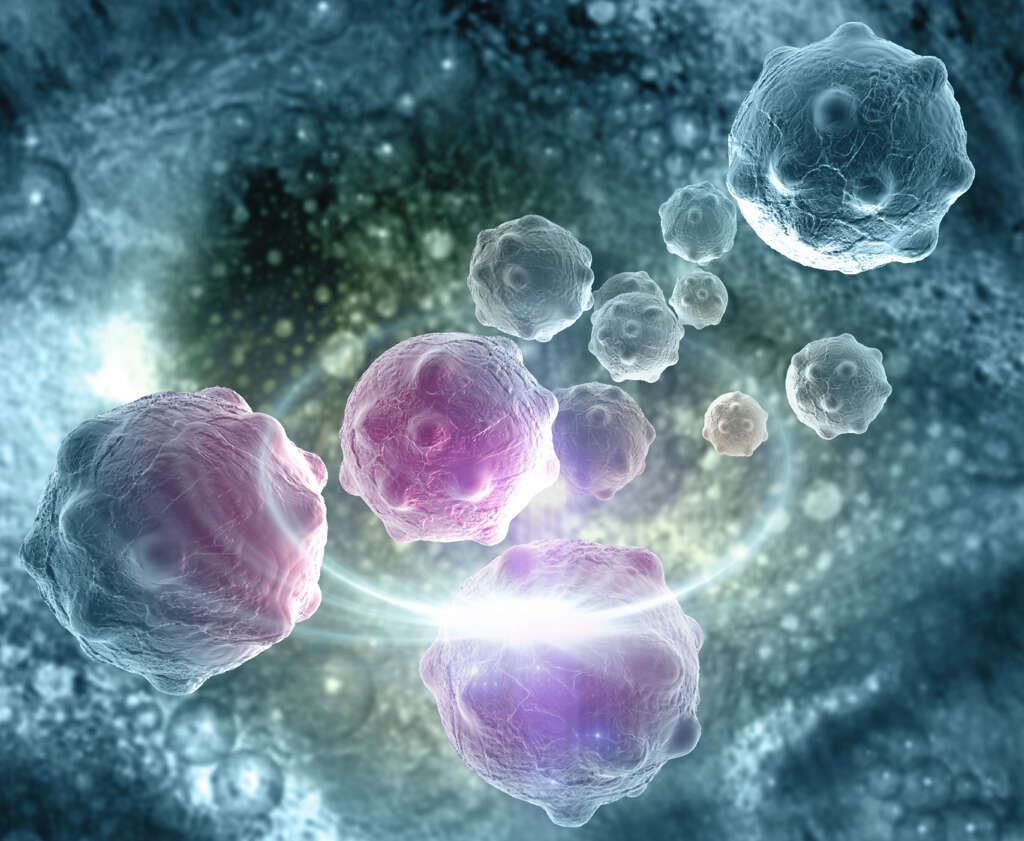
8. Stores Vitamins and Minerals
As earlier mentioned, one of the main functions of the liver is storage. The liver acts as a store for minerals, glucose, and vitamins. In the case that any of these factors lacks in our diet, the body gets it from the liver. The liver is an amazing organ as it is able to store enough vitamin A and vitamin B12 for up to four years.
Vitamins are essential in many metabolic processes where they act as catalysts in several chemical reactions. In fact, lack of a vitamin in the body causes disease. The liver also stores minerals such as copper and iron, which play vital roles in various chemical processes in the body
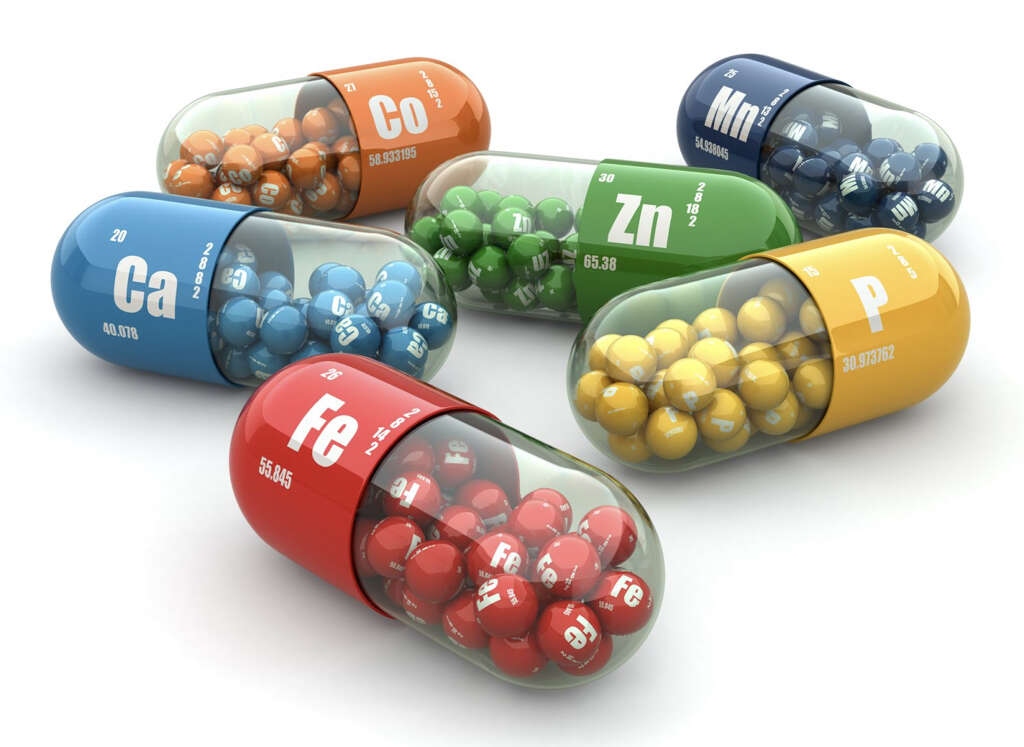
9. Production of Albumin and Other Blood Proteins
The liver produces a majority of the proteins that are required in the body. This includes albumin, whose major functions are regulating blood volume and distribution of fluids in the body. Therefore, liver dysfunction may lead to low albumin levels.
Reduced levels of albumin may then cause abnormal fluid retention, which can then lead to swollen legs and abdominal distension. Furthermore, the liver produces ferritin, a protein used in iron storage, lipoproteins, which are used in the transportation of fats, proteins that bind to hormones, and acute phase proteins involved in infection and inflammation.
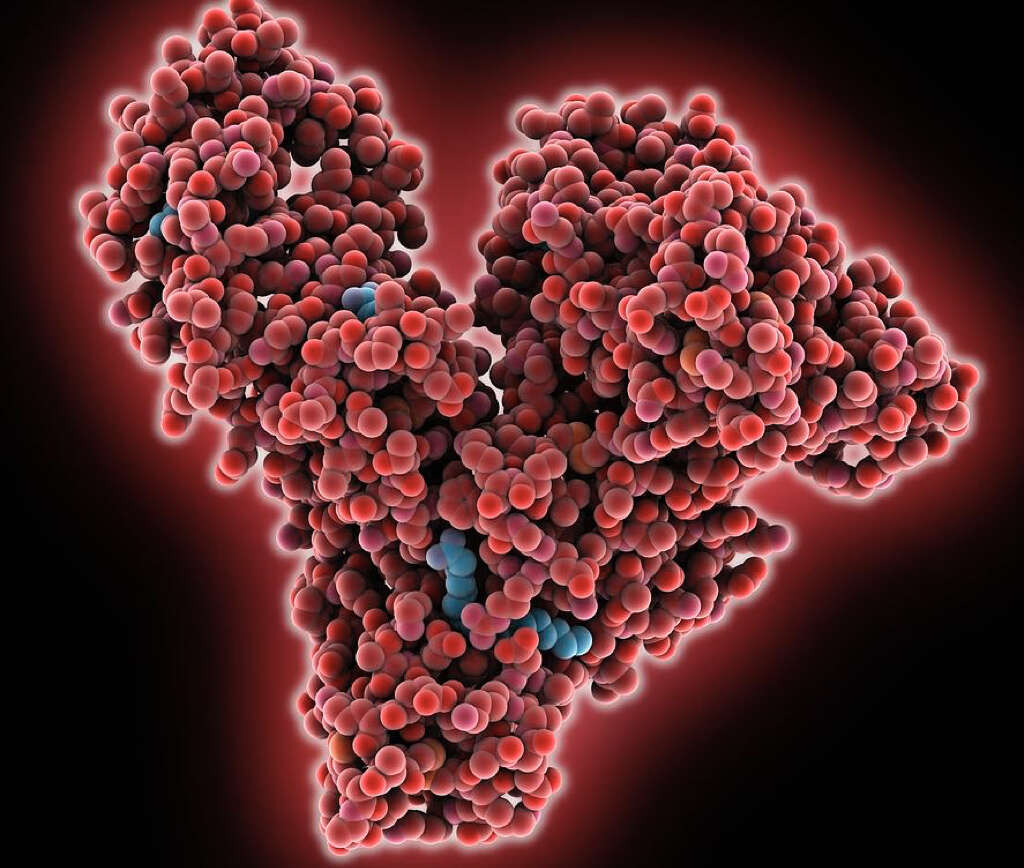
10. Produces Cholesterol
While many people think that cholesterol is a bad thing, it is necessary for various processes in the body, especially the synthesis of hormones, cell membranes, and vitamin D.
For this reason, the body requires a constant supply of cholesterol. To meet this demand, in an adult human, the liver produces about 1000 milligrams of cholesterol per day.
